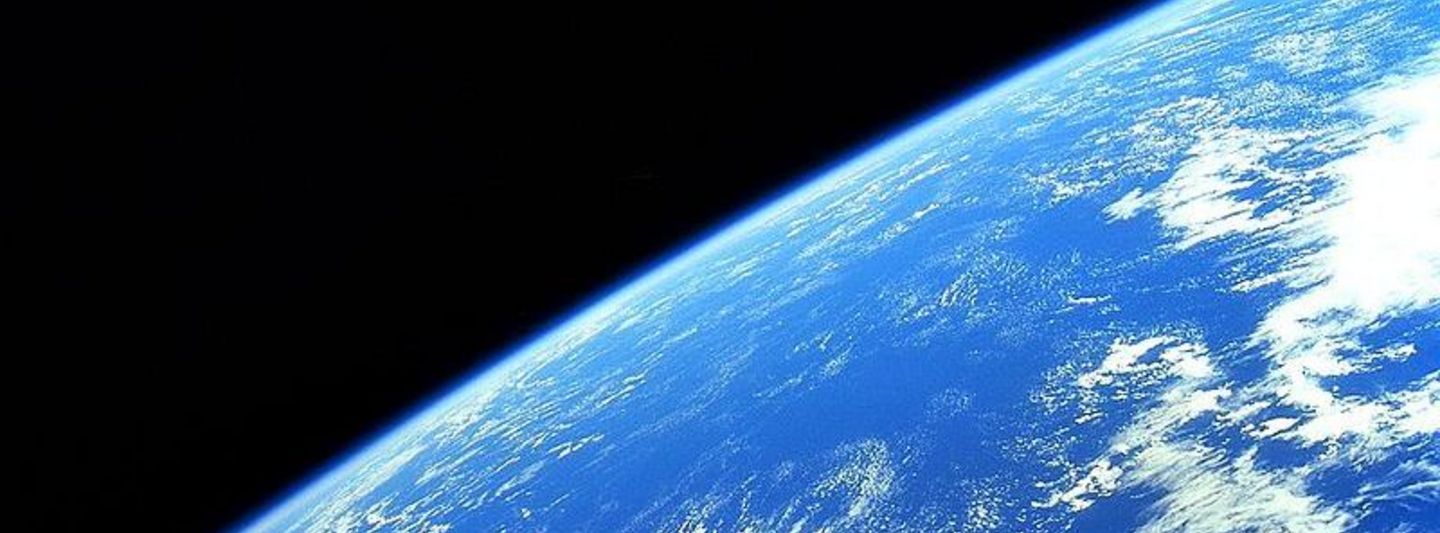
Master's Programmes in Geodesy and Geoinformation
- Course ID
-
UE 066 421 - Master's Programme Geodesy and Geoinformation
UE 066 200 - International Master's Programme Cartography - Duration of course
-
4 semesters
- Credits
-
120 ECTS
- Certificate received upon completion
-
Diplom-Ingenieur
Master of Science - Course programmes
After activation, data may be transmitted to third parties. Data protection declaration., opens in new window
Geodäsie an der TU Wien
Master's Programme Geodesy and Geoinformation
Completion of a relevant bachelor's programme is a requirement for the master's programme Geodesy and Geoinformation. A bachelor's degree in Geodesy and Geoinformation will always be relevant. However, graduates from bachelor's, master's, or other higher education degree programmes in other related technical or scientific disciplines are also admitted. These courses must have been taken at an accredited tertiary educational institution within or outside of Austria. Courses must be equivalent to the bachelor's programme in terms of scope and specialist subject relevance.
Against a background of increasing demands in the areas of resource management, the development of urban and rural space, environmental protection and climate change, our modern society requires reliable information on the underlying processes at work and the ways in which they interact. The ability to analyse, model, connect and communicate spatial information thus plays a key role. The master's programme Geodesy and Geoinformation meets this demand with a specialised training which will enable graduates to take on leading roles in public authorities and businesses – roles that involve the collection, processing and communication of spatial data or the development of software and instruments for such purposes – or to become engineering survey consultants, or to specialise further by means of relevant doctoral study.
The general examination that completes this master's programme consists of examinations set by individual examiners in their courses, the completion and positive assessment of a master's thesis and a general examination by a committee. Graduates take the academic title of 'Diplomingenieur der technischen Wissenschaften' (DI or Dipl.-Ing.), the equivalent in international terms of a Master of Science (MSc).
The relatively low number of students means that study conditions are ideal. Work is carried out in small, manageable groups with direct and personal contact between students, scientific assistants and professors. The Institutes' facilities have been assessed as good to very good, with a particular focus on the latest developments in terrestrial and satellite-assisted measuring techniques as well as laser scanning.
Many students wish to gain and extend their practical skills during their studies. Such work placements can be undertaken in particular with engineering consultants, land surveying offices or energy supply companies. Recently around 20-30% of students in a year group have taken the opportunity to spend one or two semesters studying abroad.
Graduates are skilled specialists with an academic qualification and technical experience, who take local, regional or global measurements on a scientific basis and manage, process and present spatial data. There are excellent career prospects.
There are 7 research groups devoted to the field, which together form the Department of Geodesy and Geoinformation (E120). All are located at the Gußhausstraße site, where most of the important lecture theatres for this course are also situated.
- Remote Sensing research group
- Geoinformation research group
- Geophysics research group
- Advanced geodesy research group
- Geodetic engineering research group
- Cartography research group
- Photogrammetry research group
International Master's Programme Cartography
The international master's programme Cartography is offered jointly by the Universities of Technology in Munich, Vienna and Dresden. Every student must complete one semester at each of the participating universities, in a prescribed order. The fourth semester, in which the thesis is written, can be spent at any of the three partner universities. The course is entirely taught in English.
Successful completion of a relevant domestic or foreign bachelor's programme is a requirement of entry. This should be in Cartography, Geography, Geodesy, Geo-informatics or another relevant subject, which would of course include the bachelor's programme Geodesy and Geoinformation from TU Wien. Note: Students must demonstrate to the Munich University of Technology that they meet the qualification requirement; it is not possible for new students to enrol at TU Wien as they could for standard national courses. In addition to having an interest in the subject, students must be prepared to travel, since each semester must be spent at a different university.
The collaboration of the three partner universities makes it possible to offer a comprehensive range of content in cartography. A core element in this is the coverage of spatial topics, which are tackled from both a theoretical scientific and from a practical point of view. Methods of creating traditional static maps are covered, as well as location-based services, mobile cartography, internet cartography and issues related to GIS-based geodata and their visualisation.
Graduates take the academic title of Master of Science (MSc), which is awarded jointly by the three partner universities.
The relatively low number of students means that study conditions are ideal. Work is carried out in small, manageable groups with direct and personal contact between students, scientific assistants and professors.
Graduates from the course are skilled specialists with an academic qualification and technical experience, who organise, analyse and model spatial data on a scientific basis and who prepare and communicate such data by means of cartography. English-language teaching enhances the ability to work internationally. Career prospects are excellent due to the high demand for graduates.
Comprehensive information on this programme can be found at cartographymaster.eu, opens an external URL in a new window.